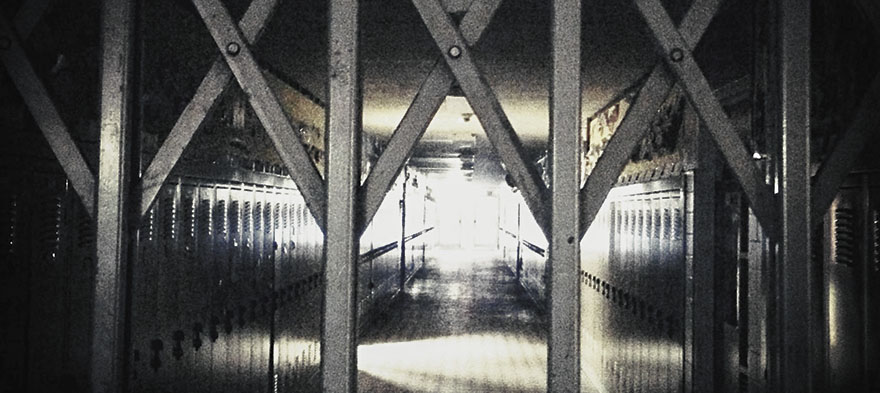
Jan 11, 2017 12:00:00 AM
 *Obtained from Louisiana Department of Education. There are
too many D and F schools to list but the number is way too large. And perhaps most concerning is that all of the city’s accelerated high schools received F ratings as well. The Louisiana Department of Education
uses an assortment of assessments to get a snapshot of each school’s performance rating:
*Obtained from Louisiana Department of Education. There are
too many D and F schools to list but the number is way too large. And perhaps most concerning is that all of the city’s accelerated high schools received F ratings as well. The Louisiana Department of Education
uses an assortment of assessments to get a snapshot of each school’s performance rating:
Since 1999, the state has issued School Performance Scores for public schools, which are based on student achievement data. To clearly communicate the quality of school performance to families and the public, Louisiana adopted letter grades (A-F). All schools with sufficient data receive school performance scores.Is School Closure the Best Solution? Danielle Dreilinger with the Times Picayune writes “If you’re going to close a school, you had better have a better place for students to go.” Dreilinger goes on to write the following in a different piece:
The Tulane researchers generally endorses the closures and chartering despite the disruption they caused for families. However, they found the strategy worked because the decisions typically targeted very low-performing schools—schools that earned an F on the state report card—and students attended better schools afterwards.On the surface, it makes great sense that students from chronically failing schools would benefit from leaving those schools to make a fresh start with greater opportunities at a higher performing school. But, what exactly happens when these students are now placed into new and assumingly more successful learning environments? Are they given the tools and supports required to keep up with the higher expectations? Or, are they unfortunately unable to play catch up, thus maintaining low academic-performance and in turn, negatively impacting the performance rating of the new schools? I understand why people want to give failing schools a chance to improve but at what cost? And on what timeline? While we work to rewrite the narrative of New Orleans Public Schools, we must do what is in the best interest of the children who need to learn now, today. Many millions of dollars are allocated to education each year, but if strong academic performance and improvement are the priorities, then our communities are being short-changed. Much like the culture that existed pre-Katrina, some of our schools have become synonymous with failure, and contrary to their mission, are only maintaining the city’s cycle of poverty and poor outcomes for the students they “serve.”
Danielle Sanders is a school behavior interventionist in New Orleans, Louisiana. She is responsible for implementing restorative practices as a behavioral intervention to support scholars when demonstrating behaviors that are not in line with school culture. Danielle blogs about education in Louisiana at Second Line Blog.
The story you tell yourself about your own math ability tends to become true. This isn’t some Oprah aphorism about attracting what you want from the universe. Well, I guess it kind of is, but...
If you have a child with disabilities, you’re not alone: According to the latest data, over 7 million American schoolchildren — 14% of all students ages 3-21 — are classified as eligible for special...
The fight for educational equity has never been just about schools. The real North Star for this work is providing opportunities for each child to thrive into adulthood. This means that our advocacy...
Your donations support the voices who challenge decision makers to provide the learning opportunities all children need to thrive.
Ed Post is the flagship website platform of brightbeam, a 501(c3) network of education activists and influencers demanding a better education and a brighter future for every child.
© 2020–2024 brightbeam. All rights reserved.
Leave a Comment